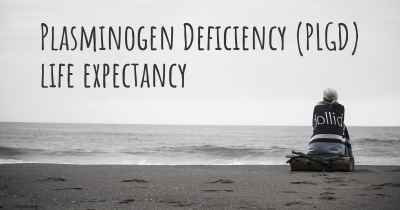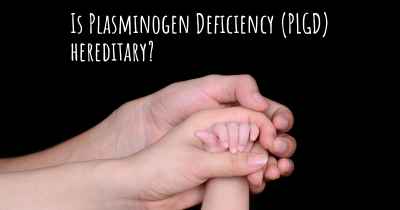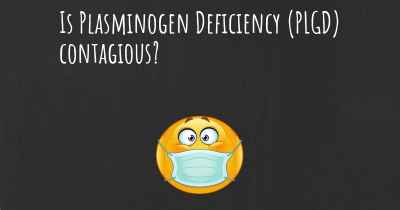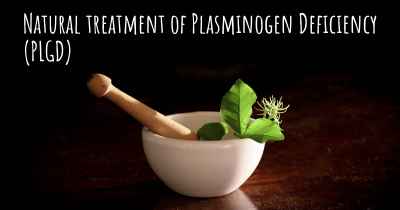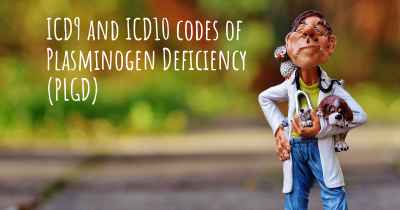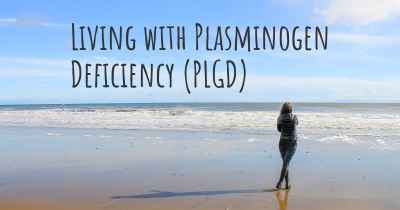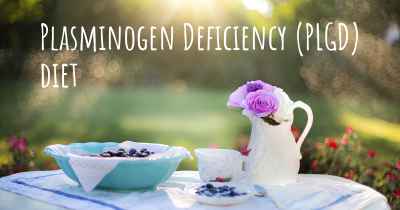Plasminogen Deficiency (PLGD) and depression
Can Plasminogen Deficiency (PLGD) cause depression? Could it affect your mood? Find out how Plasminogen Deficiency (PLGD) can affect your mood.

Plasminogen Deficiency (PLGD) is a rare genetic disorder characterized by the insufficient production or dysfunction of plasminogen, a protein involved in the breakdown of blood clots. This condition can lead to an increased risk of abnormal blood clot formation, which can have various health implications.
While the primary symptoms of PLGD are related to clotting disorders, there is emerging evidence suggesting a potential link between plasminogen deficiency and mental health, particularly depression. Depression is a complex mental illness characterized by persistent feelings of sadness, hopelessness, and a loss of interest in activities.
Research studies have indicated that individuals with PLGD may have a higher prevalence of depression compared to the general population. The exact mechanisms underlying this association are not yet fully understood, but several theories have been proposed.
One hypothesis suggests that the impaired fibrinolysis process, resulting from plasminogen deficiency, may contribute to the development of depression. Fibrinolysis is the natural process by which blood clots are dissolved. When this process is compromised, it can lead to the accumulation of fibrin, a protein involved in clot formation. Excessive fibrin deposition in the brain may disrupt normal neuronal functioning and contribute to depressive symptoms.
Another theory focuses on the role of plasminogen in neuroplasticity, the brain's ability to reorganize and form new connections. Plasminogen has been found to play a crucial role in synaptic remodeling and the regulation of neurotrophic factors, which are essential for maintaining optimal brain function. Deficiencies in plasminogen may disrupt these processes, potentially leading to depressive symptoms.
It is important to note that depression in PLGD may also be influenced by various psychosocial factors, such as the emotional and physical burden of living with a chronic illness, social isolation, and limited access to appropriate healthcare.
Managing depression in individuals with PLGD requires a comprehensive approach. Treatment options may include a combination of psychotherapy, medication, and lifestyle modifications. Psychotherapy, such as cognitive-behavioral therapy (CBT), can help individuals develop coping strategies and address negative thought patterns. Antidepressant medications may also be prescribed to alleviate depressive symptoms.
Additionally, adopting a healthy lifestyle can have a positive impact on mental well-being. Regular exercise, a balanced diet, sufficient sleep, and engaging in activities that bring joy and fulfillment can all contribute to improved mood and overall quality of life.
Support from healthcare professionals who specialize in both plasminogen deficiency and mental health is crucial. They can provide tailored guidance, monitor treatment progress, and offer support to individuals and their families.
In conclusion, while the relationship between plasminogen deficiency and depression is still being explored, evidence suggests a potential association. Further research is needed to better understand the underlying mechanisms and develop targeted interventions. If you or someone you know is experiencing symptoms of depression, it is important to seek professional help for an accurate diagnosis and appropriate management.
